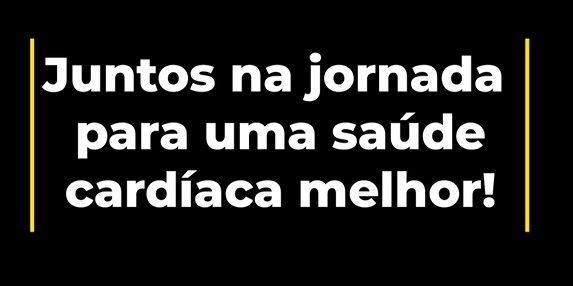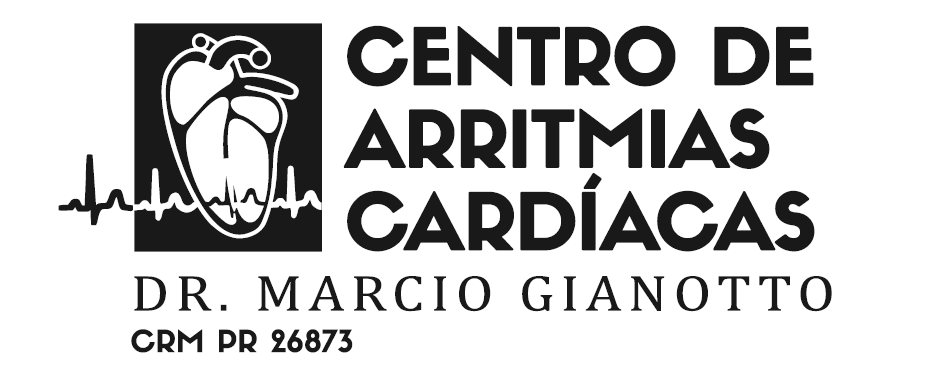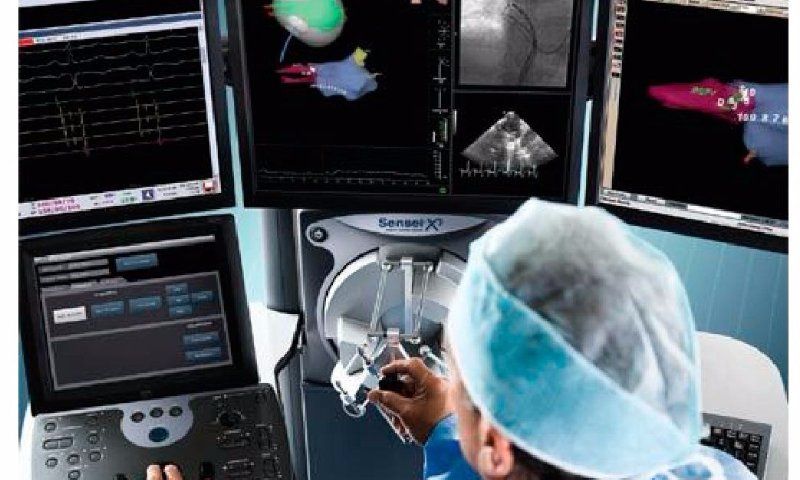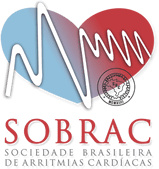
CRMPR 26873 EQR's: 18399, 811 and 19314.:
Cardiology
Clinical Arrhythmia
Electrophysiology
Do you live far away and would like a medical opinion?
Participate in our second medical opinion program.
It's simple, fast and safe.
What is cardiology?
A:
Cardiology is the medical specialty dedicated to the study and treatment of diseases related to the heart and blood vessels.
What is a cardiac arrhythmia?
A:
Cardiac arrhythmia is a change in the heart's rhythm, which may be faster, slower or irregular than normal. Some arrhythmias are benign, but others can be serious and require medical treatment.
What are the main risk factors for heart disease?
A:
The main risk factors for heart disease include: advanced age, high blood pressure, high cholesterol, smoking, diabetes, obesity, physical inactivity, family history of heart disease and stress.
How to prevent heart disease?
A:
To prevent heart disease, it is important to maintain a healthy lifestyle, with a balanced diet, regular physical activity, smoking cessation, weight control, blood pressure and cholesterol control, as well as avoiding stress.
What is a heart attack?
A:
A heart attack occurs when an artery that carries blood to the heart becomes obstructed, preventing blood circulation and causing the death of heart cells. It is a medical emergency that can lead to death if not treated quickly.
How to identify a heart attack?
A:
Symptoms of a heart attack include chest pain that may radiate to the left arm, shoulder, jaw or back, shortness of breath, sweating, nausea and vomiting. If you experience any of these symptoms, it is important to seek medical attention immediately.
How is a myocardial infarction diagnosed?
A:
The diagnosis of a myocardial infarction is made based on the patient's symptoms, blood tests that assess cardiac enzyme levels, and an electrocardiogram (ECG) that detects changes in the heart's electrical activity.
How is heart disease diagnosed?
A:
The diagnosis of heart disease is made through tests, such as the electrocardiogram (ECG), echocardiogram, exercise stress test, among others, which allow the function of the heart to be assessed and possible changes detected.
What is high blood pressure?
A:
Arterial hypertension is the elevation of blood pressure above values considered normal, which can lead to cardiovascular complications such as heart attack, stroke and kidney failure.
What are the symptoms of high blood pressure?
A:
Generally, high blood pressure has no symptoms. Therefore, it is important to measure blood pressure regularly, especially after the age of 40.
What is a cardiac catheterization?
A:
Cardiac catheterization is an invasive exam that allows you to evaluate the coronary arteries and the functioning of the heart. It is performed by inserting a catheter into an artery in the arm or leg, which is guided to the heart.
What is valve disease?
A:
Valvular diseases are changes in the heart valves, which can be congenital or acquired throughout life. They can cause symptoms such as tiredness, shortness of breath and palpitations.
What is peripheral artery disease?
A:
Peripheral arterial disease is a condition in which the arteries that supply blood to the legs and arms become blocked, causing pain, muscle weakness and difficulty walking.
What is pulmonary edema?
A:
Pulmonary edema is a condition in which fluid builds up in the lungs, making breathing difficult. It can be caused by heart disease, kidney failure, respiratory problems, among others.
How is heart disease treated?
A:
Treatment for heart disease depends on the specific condition and degree of severity. It may include lifestyle changes, such as diet and physical activity, medication use, surgical procedures, among others.
How is a cardiac arrhythmia diagnosed?
A: The diagnosis of a cardiac arrhythmia is made based on the patient's symptoms, a physical examination that evaluates the heart rhythm and tests such as ECG and Holter, which monitor the electrical activity of the heart.
What is heart failure?
A: Heart failure is a condition in which the heart cannot pump blood efficiently to the rest of the body. Symptoms include tiredness, shortness of breath and swelling in the legs and ankles.
How is heart failure treated?
A: Treatment for heart failure may include medication, lifestyle changes such as diet and physical activity, and surgical procedures such as implantation of a pacemaker.
What is congenital heart disease?
A: Congenital heart disease is a change in the structure or functioning of the heart that is present from birth. It can be mild or severe and requires regular medical monitoring.
How is congenital heart disease treated?
A: Treatment for congenital heart disease depends on the type and severity of the condition. It may include surgery, medication and regular medical monitoring.
What is an echocardiogram?
A: An echocardiogram is an exam that uses sound waves to produce images of the heart in real time. It can be used to evaluate heart function, blood flow, and heart structures.

Do you know what Vasovagal Syncope or Fainting is?
Have you ever heard of arrhythmia ablation?
Ablation for Atrial Fibrillation and Other Complex Arrhythmias.
Complex ablations for the treatment of arrhythmias such as Atrial Fibrillation and cicatricial Ventricular Tachycardia are being carried out in Maringá with the help of new equipment, previously only available in large medical centers in São Paulo and other capitals.
Click for information
Doctor Qualified by SOBRAC.









